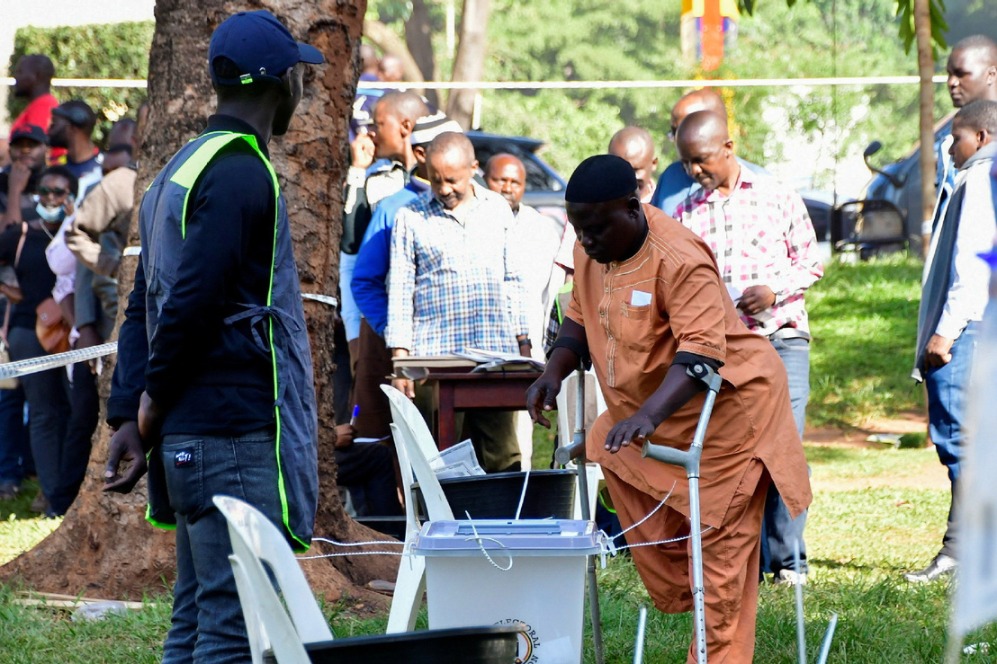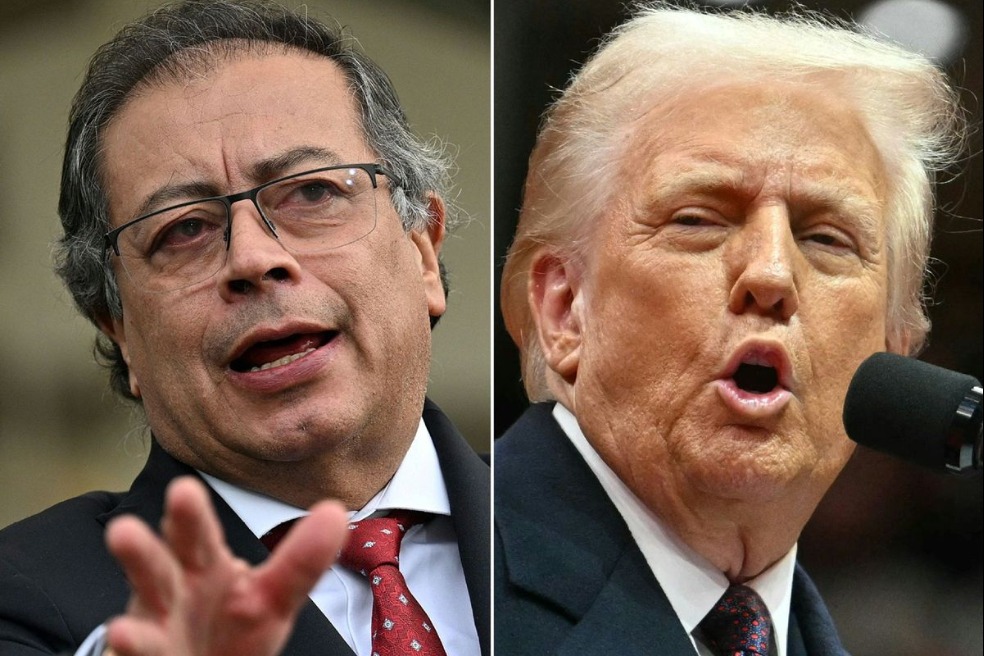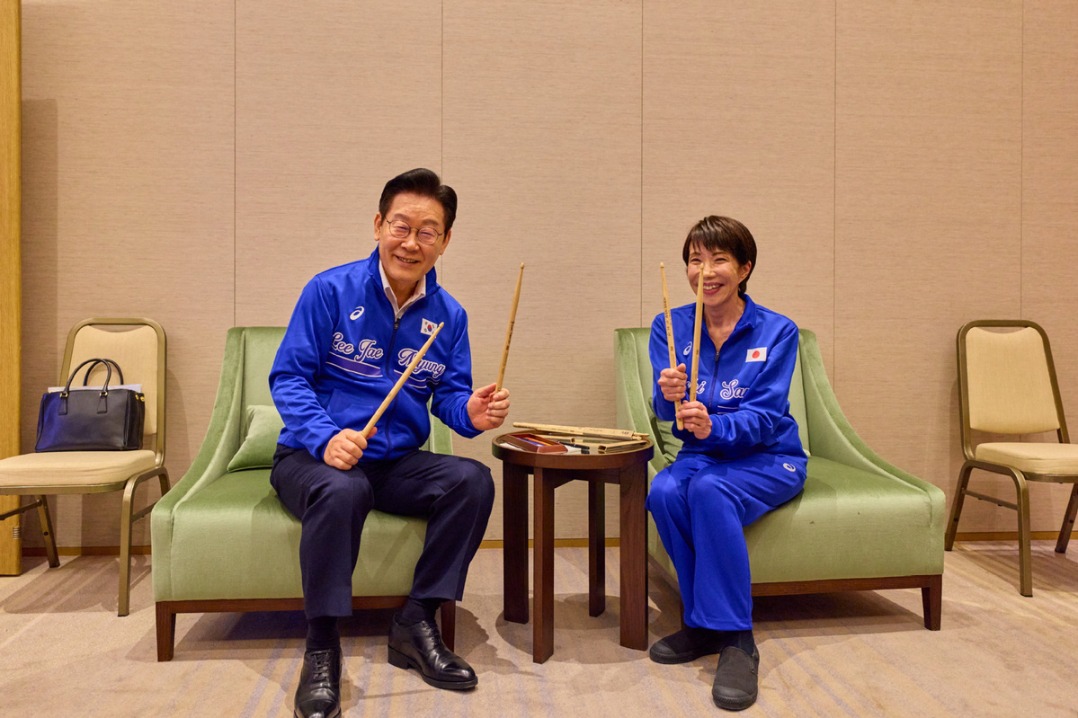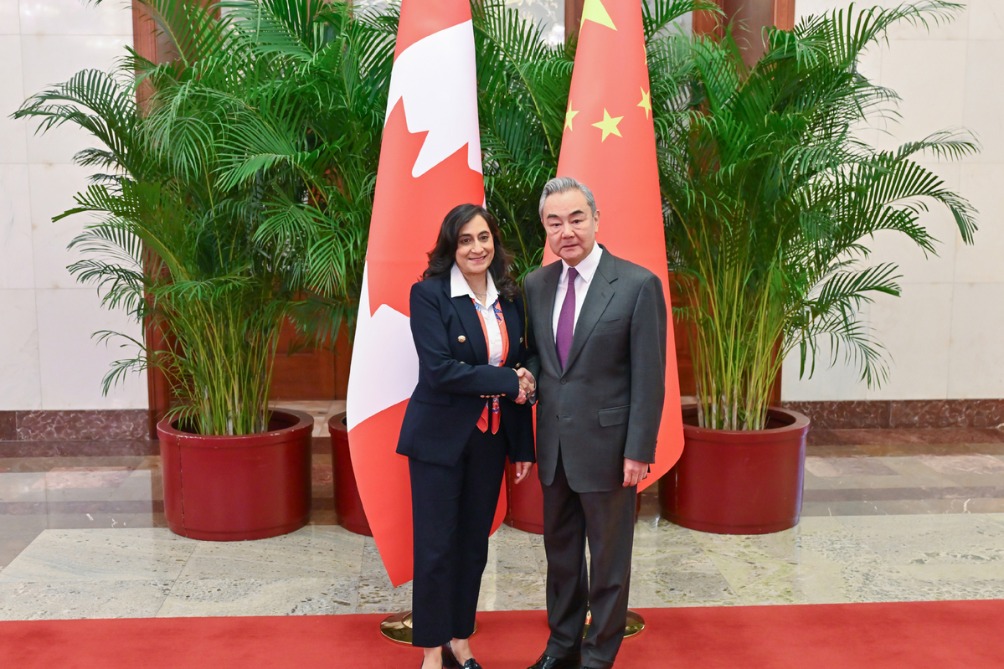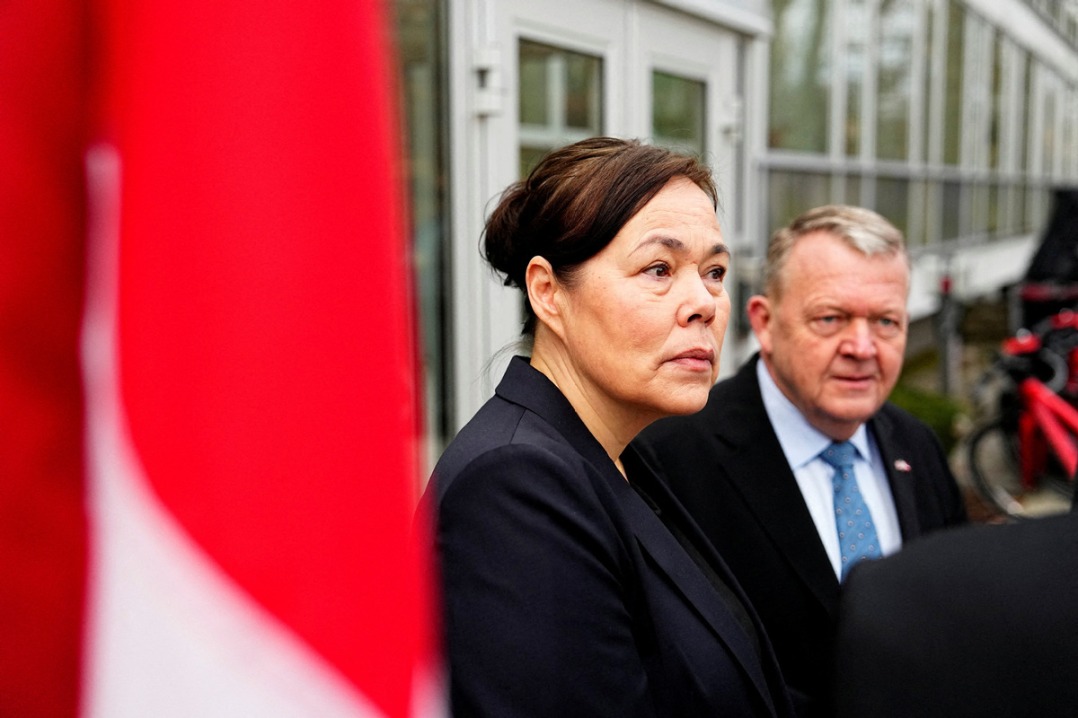Experts look to progress in resumed Iran nuclear talks

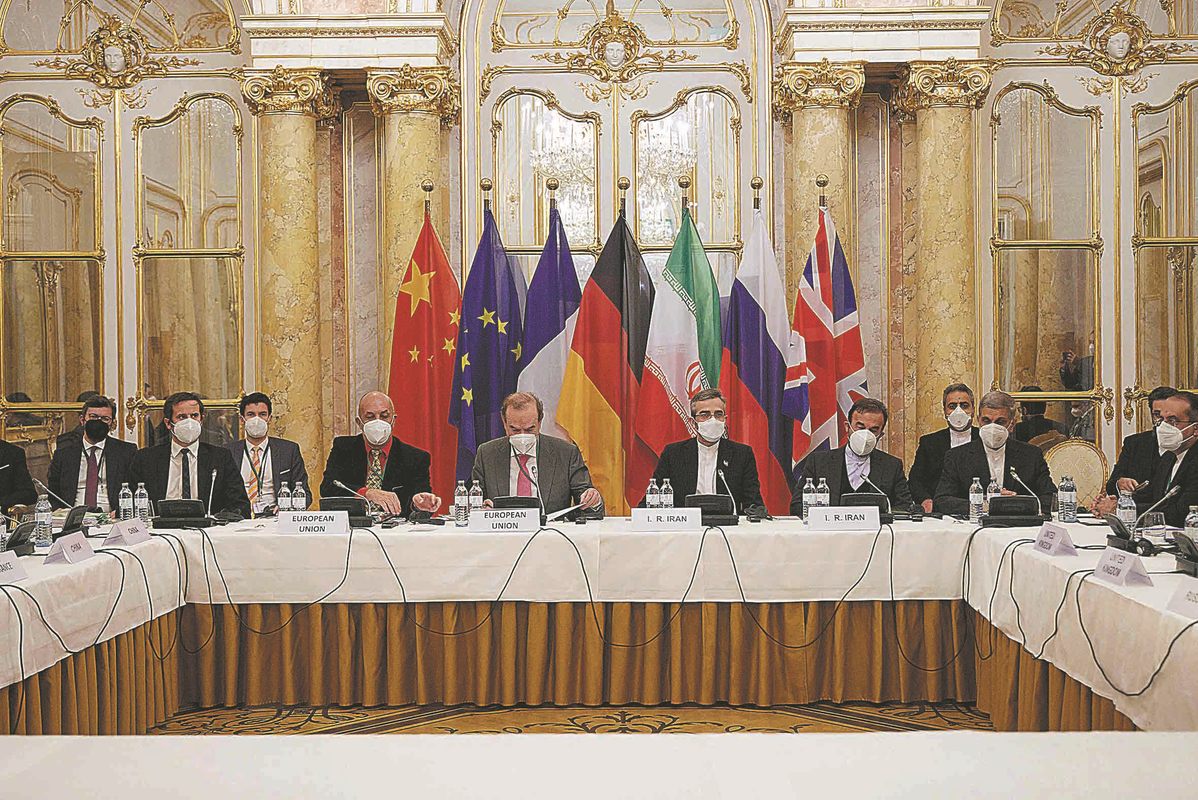
The progress made at the Iran nuclear talks in Vienna shows that they are headed in the right direction to resolve the deadlock, experts say.
The seventh round of talks to salvage the pact, known as the Joint Comprehensive Plan of Action, or JCPOA, was adjourned on Dec 17.
The talks resumed on Monday after attendees took "stock of the situation "and discussed "the way forward", according to a tweet from Iran's chief nuclear negotiator and Deputy Foreign Minister Ali Bagheri Kani.
Iran's Foreign Minister Hossein Amir Abdollahian said the eighth round of talks between Iran and the remaining parties to the 2015 nuclear deal will focus on a "new and joint document".
Iranian Foreign Ministry spokesman Saeed Khatibzadeh on Monday urged the parties to the talks to attend the negotiations with the "determination to reach a good agreement".
Diplomatic representatives from China, Russia, France and the United Kingdom plus Germany, also known as P4+1, have been working to restore the JCPOA after the unilateral withdrawal of the US from the agreement in 2018.
Wang Qun, the Chinese envoy to the United Nations and other international organizations in Vienna, called for expanding consensus, properly handling differences and jointly promoting new breakthroughs in the eighth round of talks.
"On the Iran nuclear issue and related nuclear nonproliferation issues, 'pragmatism' and double standards should not be adopted in pursuit of one's selfish interests," Wang said.
In a statement on Dec 14 the United Nations said efforts to get the Iran nuclear deal back on track indicate that "additional effort and patience" are required for its full restoration. It also said there is "simply no viable alternative" to the full and effective implementation of the JCPOA.
Mehran Kamrava, director of the Iranian Studies Unit at the Arab Center for Research and Policy Studies in Doha, said that since the US left the JCPOA in 2018, Europe "did nothing" to help revive it.
Now that the various parties have finally spoken in Vienna, Europe and the US have accused Iran "of slow-walking the negotiations and threaten that unless (Iran) accepts their demands, there will be consequences", Kamrava told China Daily.
"This sort of hypocrisy does not (impart) confidence that the US and Europeans are serious about reaching an equitable and workable solution in the negotiations," he said.
Yesar Al-Maleki, energy expert and adviser at the think tank Iraq Energy Institute, said the return of all parties to the negotiating table is an achievement in itself.
New proposals
Though Teheran's introduction of new proposals in the documents concerning its nuclear commitments and questions surrounding the lifting of US sanctions may "complicate the process", progress in the talks could continue as long as the P4+1 can "mediate between the Iranians and Americans", Al-Maleki said.
Asif Shuja, senior research fellow in the Middle East Institute at the National University of Singapore, said the latest meeting in Vienna brought three "tangible outcomes".
He cited the development of an understanding among world powers that they could meaningfully engage with the new administration headed by hard-line President Ebrahim Raisi. He also cited the submission of two drafts by Iran to deal with the lifting of US sanctions and Iran's reciprocal nuclear commitments.
"This will enable the other parties to formulate their considered response. The third breakthrough was reflected in the agreement between the International Atomic Energy Agency and Iran on the monitoring of the Karaj nuclear facility," Shuja told China Daily.
On Dec 15 Iran gave the agency permission to install new surveillance cameras at Iran's Karaj centrifuge component to replace those that were removed during an alleged attack in June. The agency welcomed the "important development" that impacts its verification and monitoring activities in Iran.
According to a report by Xinhua News Agency, the Atomic Energy Organization of Iran had begun technical and security inspection of the cameras that were to be installed at the Karaj plant on Dec 19.
Kamrava said Iran is using the camera issue for two main purposes: as a bargaining chip in the negotiations and to ensure that cameras are not used for Israeli access and sabotage of nuclear facilities.
"Ultimately, the allowing of cameras appears to be a partial concession by Iran in order to move the negotiations forward," Kamrava said.
Israel is the only regional power that opposes the reinstatement of the JCPOA, Al-Maleki said. Israel sees Iran as a major threat and has accused Iran of expanding its nuclear ambitions. But Iran has repeatedly denied this, saying that its nuclear programs are peaceful.
Shuja said world powers will strive to revive the deal in the talks so that it becomes a "cornerstone of not just nuclear nonproliferation", but also of adherence to international commitments. "Clearly, ensuring that the US adheres to its international commitments is not merely an Iranian wish anymore."
Xinhua contributed to this story.
















